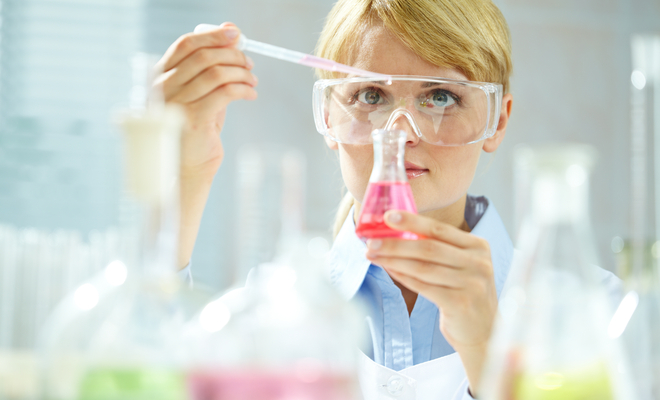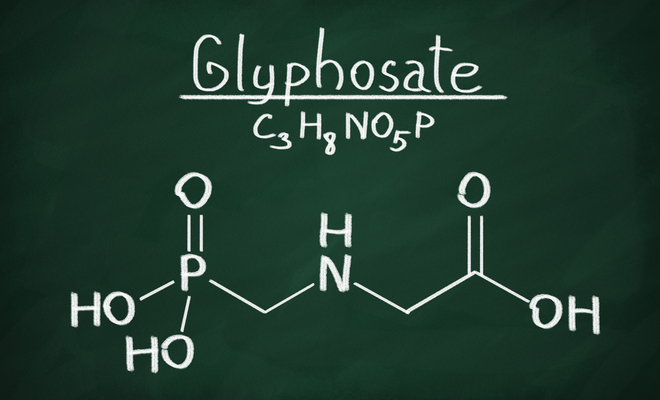After starting my research on the potential impacts of the weed killer, glyphosate (“GLY”) as found in Roundup® and others, on bees, and then, dogs, I ran across some interesting test results that hit a little closer to home. Moms Across America(1) (“MAA”) and Sustainable Pulse(2) (“SP”) started looking at the amount of GLY in breast milk, urine and water according to a report posted in April 2014. MAA is a non-profit organization “seeking to raise awareness about GMOs and related pesticides in our food.” SP is “owned and maintained by a group of concerned citizens and scientists.”
Perfect. I am concerned about being aware.

According to their report GLY Testing Full Report: Findings in American Mothers’ Breast Milk, Urine and Water(3), potential GLY issues were reported as follows:
- Laboratory and epidemiological studies confirm that Roundup and GLY pose serious health and environmental hazards.
- American urine testing also shows GLY levels over 10 times higher than in Europe.
- Water testing shows 70% of American household’s drinking water positive for GLY above detectable levels.
- There is currently no regulatory limit for the amount of GLY in breast milk anywhere in the world.
- The EPA has set a legally enforceable maximum contaminant level (MCL) for GLY at 7,000 times higher than the MCL in Europe.
- GLY has been shown in several recent studies to be an endocrine disruptor which wreaks havoc on our bodies at low doses.
- Most genetically modified crops are engineered to tolerate the herbicide Roundup® whose main active ingredient is GLY.
- There have been a large number of independent studies carried out on GLY which shows why the public should be concerned over the possible harm that the herbicide is causing.
The U.S. contaminant limit is 7,000 times higher limit than Europe? MAA/SP admit that this testing was not meant to be a full scientific study. This gives me some problem in accepting their specific measured results of breast milk and urine GLY concentrations, but I appreciate the recognition of their study limits.

According to Mass General pediatrics chief, Dr. Ron Kleinman, GLY poses no danger in breast milk.(4)
- GLY has no effect on the metabolism of humans and animals as confirmed by multiple independent international agencies.
- Human exposure to GLY is in very minute amounts.
- The current daily intake of GLY by individuals in the US is estimated at about 13% of the Allowable Daily Intake.
- GLY that is ingested is mostly passed unchanged in the stool. About one third is absorbed into the body and is promptly removed into the urine.
- GLY does not accumulate in the body or in breast milk based on its chemical properties.
- No harm has been associated with the typical amount of GLY that passes into the body and then out in the urine.
- In the recent report from Moms Across America, the levels of GLY detected in 3 of 10 samples of breast milk, if accurate (they still must be confirmed by using an assay validated for breast milk), suggest that a breastfeeding infant might be exposed to about 1/50th of the Allowable Daily Intake and do not support any risk, either to the mother or infant.
- Conclusion: Even if the results of the recent report are backed up by future research, there is no significant risk to infant health, and the benefits of breastfeeding far outweigh any theoretical risks.
(For some reason, that final “Even if…” reduces my confidence.)
It’s funny how often “independent studies” can be cited to fully support both sides of a position. And the internet has plenty of pro/con examples on most every issue. So, what am I to conclude?
I am a simple thinker and try to break things down into smaller bites. Briefly setting aside any and all other attributes of glyphosate, it is a listed “antibiotic.” Both sides agree on that. I know when I take a prescription antibiotic, I have to stay on a schedule to keep the potency at effective levels. I assume that is because my body is eliminating the antibiotic as soon as possible. And importantly, I have to drink plenty of water and take extra, extra probiotics, or my digestion will suffer.

Both sides on this issue argue on whether or not GLY accumulates inside us, but agree that we ingest GLY into our bodies via many, many foods. So, maybe the first critical question is simply:
What is glyphosate actually doing to us and our kids while it is, however briefly, inside us?

